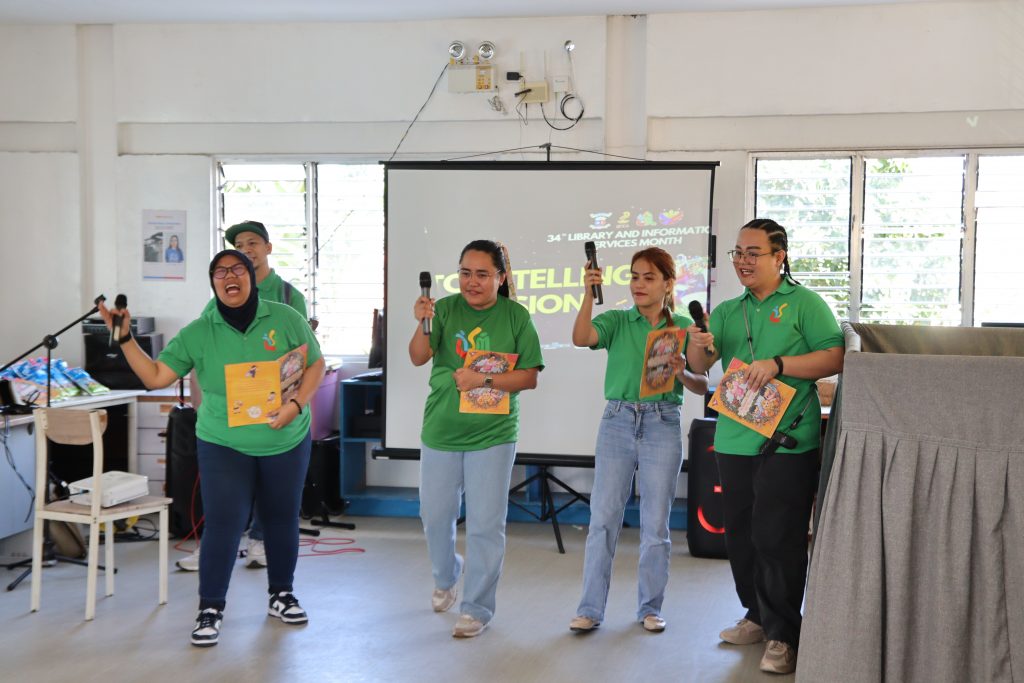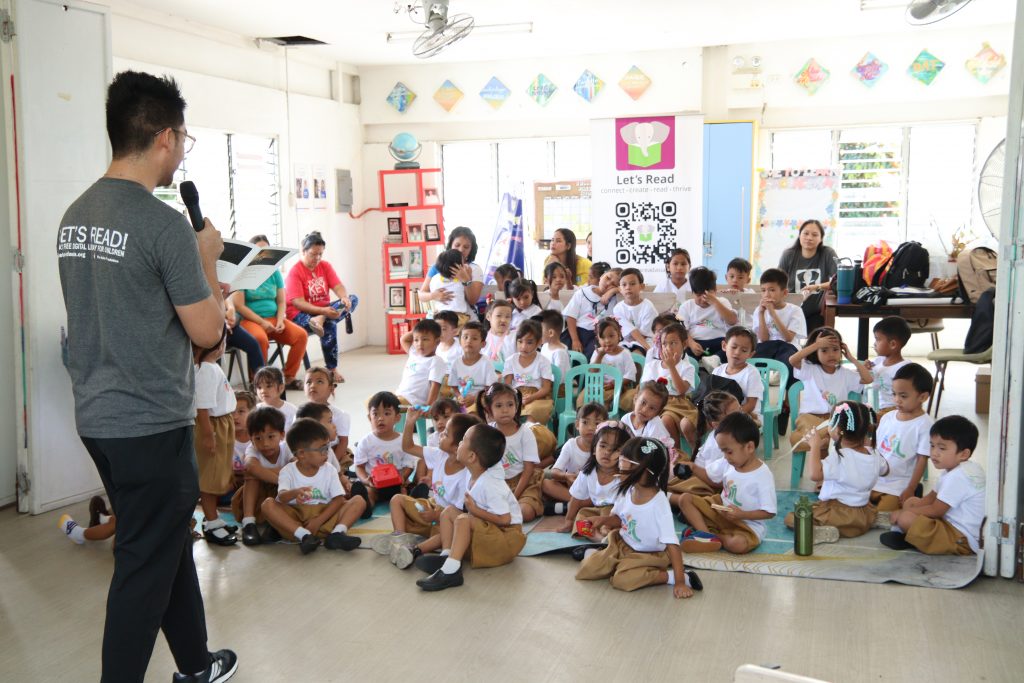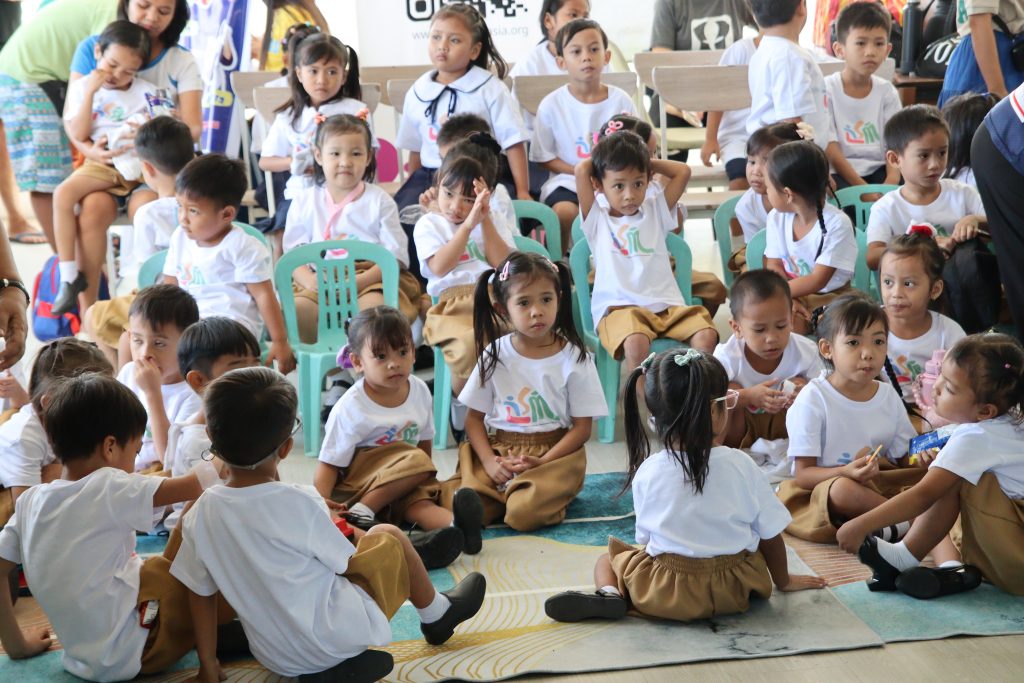How businesses can fuel the library renaissance in PH
As the number of public libraries dwindles across the country, innovative partnerships are stepping up to fill the void. The National Library of the Philippines (NLP), Project PEARLS, and The Asia Foundation’s Let’s Read program are among those leading the charge to reignite a love for reading and lifelong learning in grassroots communities, hoping to inspire a library renaissance.
On Friday, this effort took the spotlight during an outreach program at the Project PEARLS Learning Center in Bocaue, Bulacan, which served as a vibrant reminder of how collaboration can breathe life into struggling communities.
Reports indicate that since 2014, approximately 350 public libraries have closed nationwide, with only 3% of local government units maintaining active public or community libraries as of July 2024. This trend, worsened by the pandemic, signals a crisis in educational access and community engagement—a gap that presents a unique opportunity for businesses to step in as changemakers.
For forward-thinking leaders, literacy programs are more than philanthropy—they’re a chance to make a lasting impact while building goodwill and aligning with corporate sustainability goals. Supporting libraries and literacy initiatives means investing in the intellectual capital of future employees, customers, and community leaders.

Friday’s outreach program, a highlight of the 34th Library and Information Services Month (LISM), showcased the transformative potential of strategic partnerships. Through storytelling sessions, puppet shows, and interactive activities, the event demonstrated how early literacy efforts can strengthen communities and foster lifelong learning.
“With this event, we are here to say that libraries aren’t limited to storehouses of books; but it’s the community of people who love to read that make up a library. We hope that we were able to spark curiosity and promote a lifelong love for learning,” said Kim Garcia, Program Manager of Let’s Read at The Asia Foundation.
Jonathan Santos, Overall Chairperson of the 34th LISM, emphasized the value of libraries as high-impact investments. “Our hope is that all libraries, especially public libraries, can fulfill their role as incubators for dreams and contribute to improving learning outcomes,” he said.
Opportunities for business: Bridge the literacy gap, build the future
This advocacy is already laying the groundwork for scalable and impactful partnerships. For example:

- The Cool Iskool Mobile Library: Launched in October in partnership with the Department of Education in Bataan, this initiative brings portable libraries equipped with tablets, computers, and digital tools like Let’s Read to underserved communities.
- Localized literacy initiatives: In Lanao Del Sur, Let’s Read collaborated with local governments to translate 44 books into the M’ranaw language and trained 88 community leaders and educators in storytelling. These efforts underscore the power of tailored interventions that resonate with specific cultural and linguistic contexts.
- Digital literacy expansion: The Let’s Read platform, which offers thousands of culturally relevant books in Filipino and other local languages, bridges traditional and digital literacy. Digital libraries ensure access for all children, regardless of location or socioeconomic status.
Why is the literacy advocacy good for business? As mentioned earlier, it helps in workforce development. Empowering young minds with access to books and learning tools nurtures the skills that businesses will depend on in the future.
For another, it creates brand differentiation.Consumers increasingly value brands that demonstrate social impact. Partnering with literacy programs can position businesses as leaders in education and community empowerment.
Programs like these also provide meaningful opportunities for employees to volunteer, creating a stronger connection between staff and the company’s mission.
For the bigger picture, literacy programs contribute to the sustainable development goals (SDGs), specifically SDG 4 (Quality Education) and SDG 10 (Reduced Inequalities). These programs help businesses meet ESG targets while driving real-world change.

So, business leaders can ride the wave of this library renaissance by sponsoring mobile libraries, funding digital tools, or creating programs to train educators.
To learn more about Let’s Read and explore opportunities to collaborate, visit facebook.com/LetsReadPhilippines.


No comments: